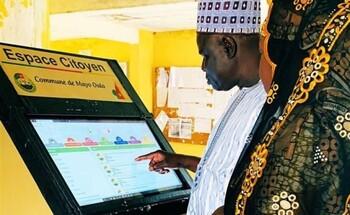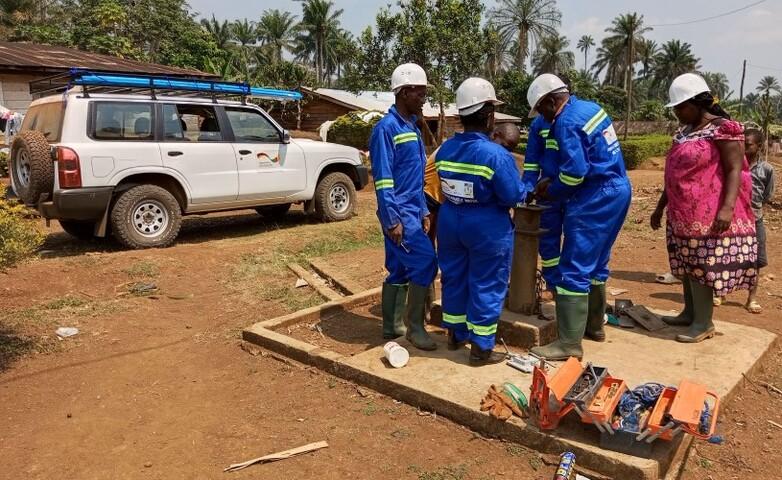Context
Even though Cameroon has recently adopted several laws aimed at enhancing the country’s legal development such as the 2035 Vision and the National Development Strategy 2020-2030 (NDS30), the existing legal framework remains insufficient. Councils face challenges in securing sufficient resources for enduring infrastructure development and efficient public services delivery. Actually, transfers do not fully cover the financing needs of municipalities. As a result, public services are not provided to the population in the required quantity and quality. Additionally, weak institutional power and inadequate sanctions undermine transparency in public action. Local policies lack adequate consideration of the needs and potential of local populations, particularly women, girls and other vulnerable and marginalised groups, during their formulation and development.


